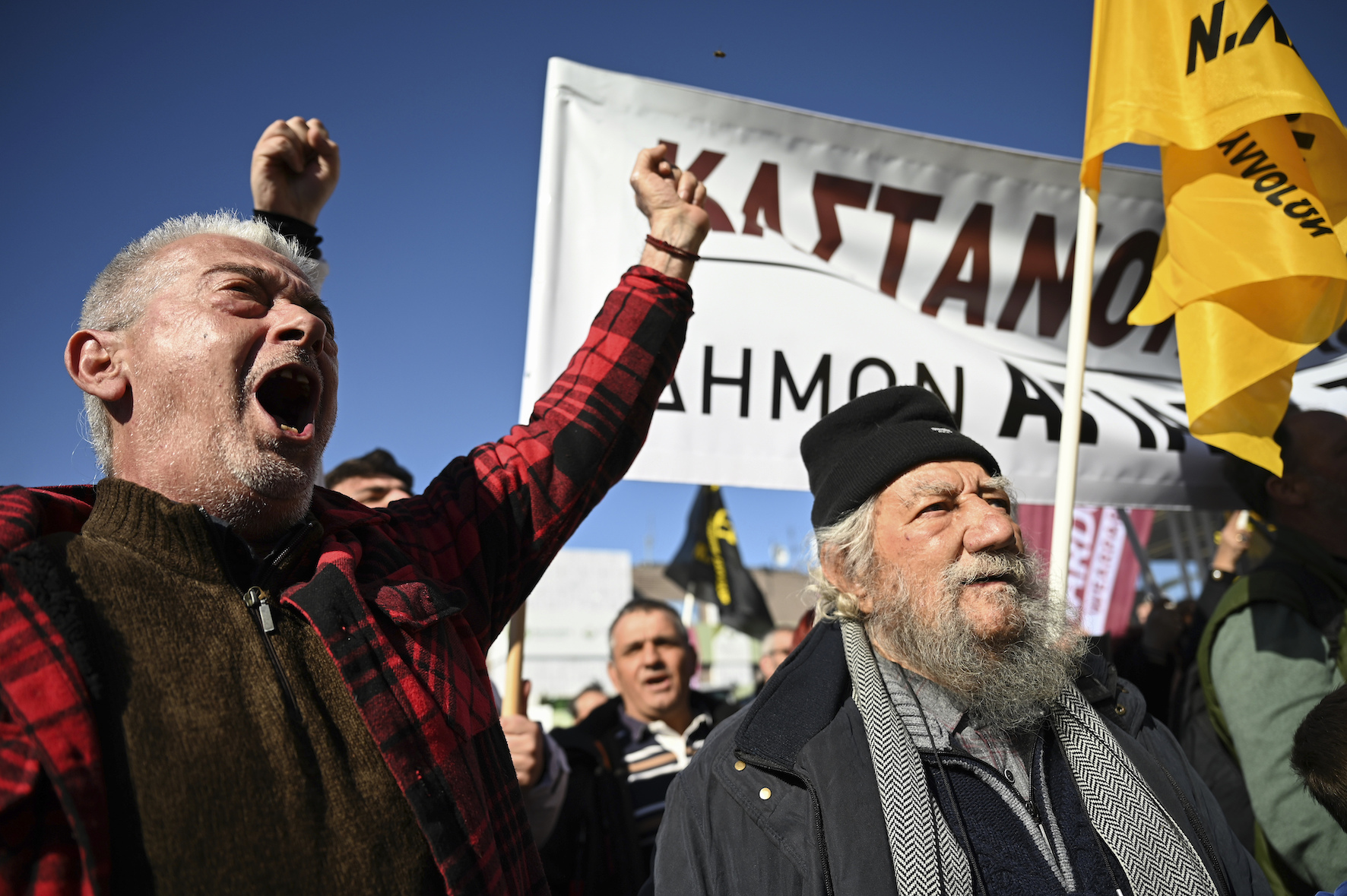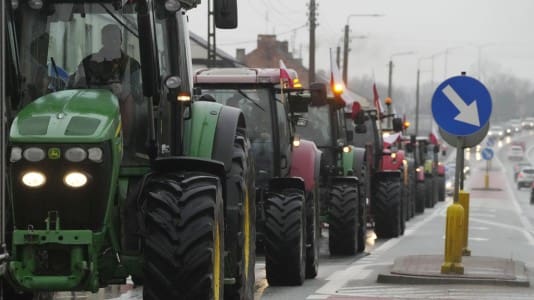It might seem that the term “kulak” belongs to the annals of pre-revolutionary Russia and the Soviet Union, a historical concept used to remind us of the victims of the Bolshevik regime. The term was used to describe relatively affluent peasants who were persecuted by the communist government through property confiscation, arrests, forced labor camps, or extermination. The regime’s “dekulakization” efforts did not shy away from genocide, such as inducing the Great Famine in Ukraine.
Thus, it is surprising to see the term “kulaks” used not only in a contemporary context but also pejoratively. This comes from an editorial published last weekend in Italy’s leading left-liberal newspaper La Repubblica. The piece by Massimo Giannini “Farmers’ protest: The double slap of the new kulaks” addresses the recent wave of farmer demonstrations across our continent.
Giannini portrays European farmers, or the “modern kulaks,” as a greedy and selfish caste that remains privileged on one hand (receiving EU subsidies and treating Brussels like an ATM) and on the other, defends their corporate interests, opposing any communal restrictions. Farmers are seen especially as the main force blocking the New Green Deal, refusing new taxes, price hikes, and additional costs in the name of energy transformation.
According to Giannini, this is today’s main dividing line in Europe.
The most significant dispute is not about the role of religion in public life, national identity, the threat of fascism, the role of the family, or LGBTQ+ rights. The key conflict, he argues, is the battle over the New Green Deal. This dispute translates into specifics like restrictions on combustion engine cars, price increases for artificial fertilizers and diesel for agricultural machinery, the elimination of livestock herds, food labeling systems, and charges for greenhouse gas emissions from residential buildings, among others.
[pp id=107032]
Needless to say, the Italian author wholeheartedly supports the “green revolution,” adding that “the fight against global warming is a planetary challenge that must be faced with all possible determination.”
In this crucial battle for the fate of Europe and the world, it is the peasants, the new “kulaks,” who find themselves on the front line — unfortunately, on the side of the “counter-revolution.” In this context, Giannini is puzzled by the double standards applied by governments, treating farmer protests with “kid gloves” while using an “iron fist” against demonstrating environmental and climate activists. From the Italian journalist’s perspective, this is incomprehensible. After all, the former fight selfishly for their petty interests, while the latter protest for the good of all humanity.
Professor Giovanni Orsina describes this dispute in La Stampa as a clash between two types of humanities. The first is the “world of the keyboard,” people who spend their day looking at screens and pressing buttons. The second is the “world of matter,” those who daily feel the organizing and structuring effects of these keystrokes. The former tap away, deciding what and how the latter should “do, move, touch, glue, assemble, lift, transport, drive, sort, plant, water, and harvest.”
Naturally, the “modern kulaks” belong to this second group.
Giannini suggests that the optimal solution would be to convince the “world of matter” that the “world of the keyboard” knows better what needs to be done. Since this may be difficult, he turns to right-wing parties — in Italy, to Giorgia Meloni’s Brothers of Italy, to channel the dissatisfaction of farmers, capturing their votes in the upcoming June elections to the European Parliament and then to negotiate a common stance with European elites.
Could it be that peasants, as has happened many times in history, are once again to be betrayed?





